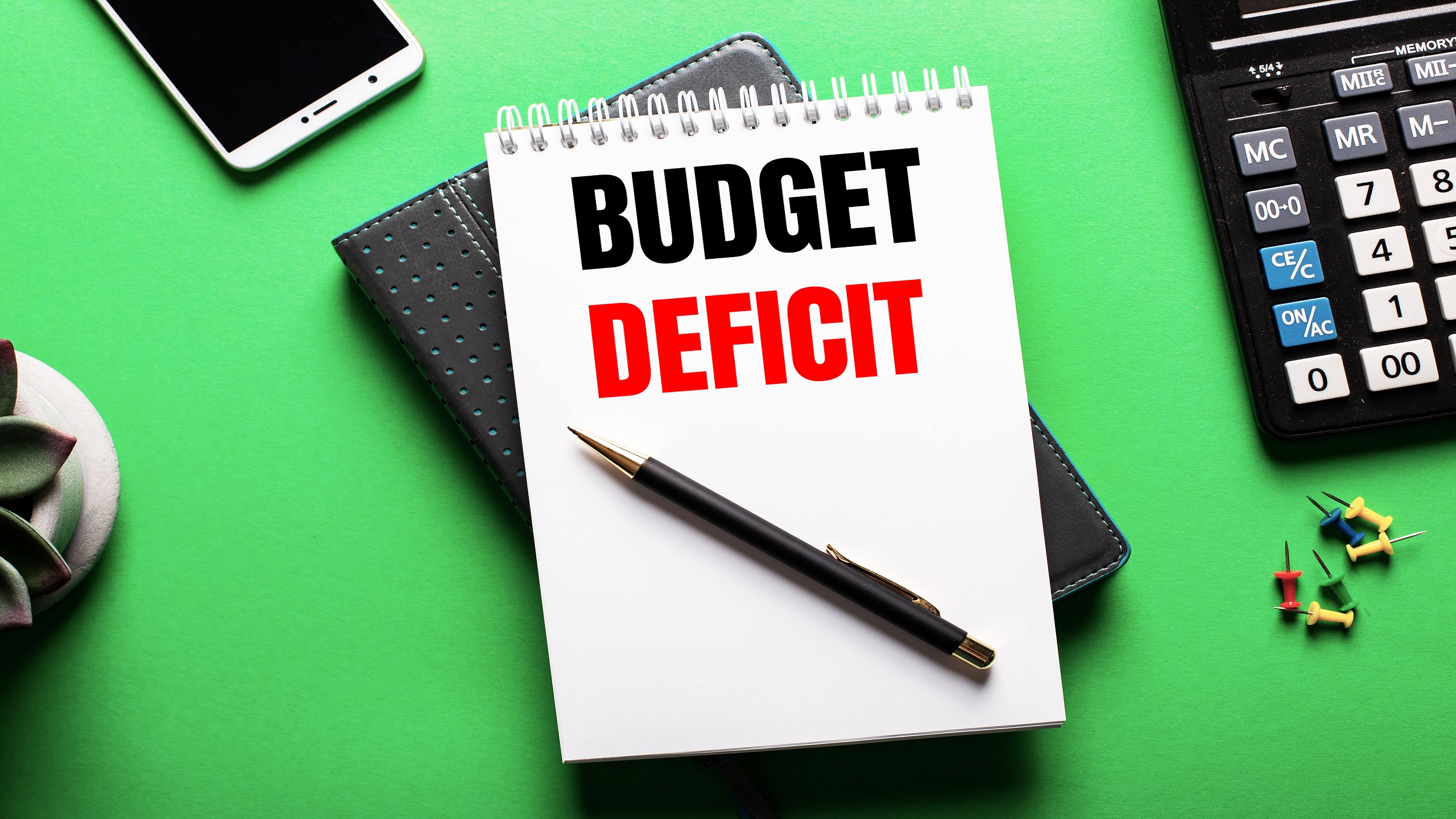Israel’s Budget Deficit Balloons Amid Plummeting Tax Revenues
Israel’s 12-month budget deficit has surged from 300 million shekels ($82 million) to 4.9 billion shekels ($1.3 billion) in a month, primarily due to dwindling tax revenues, the Israeli Finance Ministry reports.
Last month, the ministry said that after nine months of fiscal surpluses, spending outpaced revenues for the 12-month period ending in March 2023, resulting in a small deficit of 300 million shekels—around 0.01% of gross domestic product. The new 12-month deficit, for the year ending in April 2023, brings that figure up to about 0.24% of GDP.
Give the gift of hope
We practice what we preach:
accurate, fearless journalism. But we can't do it alone.
- On the ground in Gaza, Syria, Israel, Egypt, Pakistan, and more
- Our program trained more than 100 journalists
- Calling out fake news and reporting real facts
- On the ground in Gaza, Syria, Israel, Egypt, Pakistan, and more
- Our program trained more than 100 journalists
- Calling out fake news and reporting real facts
Join us.
Support The Media Line. Save democracy.
While the deficit for the year ending in March was a tiny fraction of GDP, it occurred amid predictions of a reduction in Israel’s previously strong economic growth, which surpassed 6% in 2022 and was projected to decline to around 2.5% this year. High-ranking Finance Ministry officials have cautioned that the government’s judicial overhaul plan may lead to a substantial decline in tax revenue and inflict considerable damage on the economy.
From January to April 2023, the Israeli government’s total tax revenues fell by a real rate of 8.9% year-on-year. A significant factor contributing to the decline was a 34.9% year-on-year drop in real estate tax collections during the same period, with April alone witnessing a 48.9% decrease compared to the previous year. Increases in the base interest rate by the central bank have deterred potential apartment buyers due to difficulties in obtaining mortgages, leading to fewer real estate transactions and thus a reduction in the collection of associated taxes.



